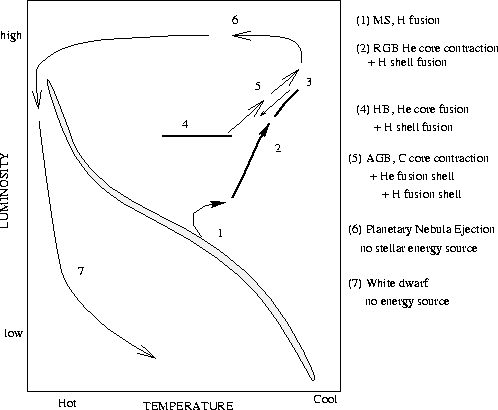Chris Peterson wrote:
I'll bet that if you measured this star using photometric filters to get a simple color index, it would be considered white; i.e. the standard indexes would be very near zero.
That's where you and I strongly disagree, Chris. Of course, to have a meaningful discussion, we have to define what we mean by "white". I consider the Sun to be white, since humanity has evolved in response to the light of the Sun, and it has been immensely practical for us to see the total light from the Sun (which is direct sunlight + sky) as white. But others consider the Sun to be yellow, even though that means that the blue light from the sky becomes an utter mystery.
Those people who consider the Sun to be yellow also consider A0-type star Vega to be white, since its B-V index is 0.0. To me Vega is quite blue, certainly when seen through a telescope, and therefore a color index of 0.0 indicates a blue star, in my opinion. By comparison, the B-V index of the Sun is
0.656 ± 0.005, which to me is a good definition of what the human eye sees as a white color.
What is the color index of the central star of Abell 7? I have no idea, but I may hazard a guess. The
apparent color index of any hot star is strongly dependent on the dust reddening of this object, which can be determined by measuring the photon intensity of the star at several different wavelengths. But let's toy with the (unlikely) idea that this star is completely unreddened by dust. What would its B-V index be?
We still can't begin to guess at its B-V index before we consider whether or not this star is "equally blue" from any direction, or if it is bluer when seen pole on and redder when when it presents its equator to us. Several hot stars that are "surprisingly blue" - i.e. Tau Scorpii, the star which is surrounded by a large faint emission nebula southeast of Antares - are likely seen pole on. (The B-V index of B0-type star Tau Scorpii is -0.20.) Other hot stars that are "surprisingly non-blue" - i.e. Sigma Scorpii, the binary star with an O-type component and a B-V index +0.30, are likely particularly dust-reddened due to interaction between the two components. Still other hot stars that are surprisingly non-blue - i.e. Achernar, whose Johnson B-V index is -0.158 but whose Tycho B-V index is only -0.064 - are likely strongly oblate and seen from a "thick" equatorial point of view.
Let's assume, nevertheless, that a circa 40,000K or hotter star that is not producing dust by interacting with another component, and which is seen in a part of the sky where there is little dust in our line of sight, and which is neither pole-on nor equator-on but something in between, might have a color index of about -0.25. Is that a white color?
No, it is quite strikingly blue, in my opinion. I most certainly don't mean to imply that we are talking about a
saturated blue hue. Such a claim would be nonsensical. Nevertheless, to me this color is quite strikingly blue.
Others may disagree. You may also claim that Vega is white and the Sun is yellow. Anyone is perfectly entitled to that opinion.
I just don't see how those who believe in an intrinsically yellow Sun can explain the blue color of the sky or the overall neutral or "white" color of daylight.
Ann
 [c]Abell 39. Photo: Adam Block.[/c]
[c]Abell 39. Photo: Adam Block.[/c] This LRGB image of planetary nebula Abell 39 shows a strikingly blue central star. (There are much larger versions of this picture, but you will have to google them yourself.)
 Planetary Nebula Abell 7
Planetary Nebula Abell 7


